Honda equips CBR 250R, CB Hornet 160R with ABS but as optional fitment
The ABS-equipped CBR 250R and the CB Hornet 160R have been launched at Rs 163,584 and Rs 84,675 ex-showroom, Delhi, respectively, which is Rs 29,523 and Rs 5,500 more than their non-ABS siblings.
India's second largest two-wheeler manufacturer, Honda Motorcycle and Scooter India (HMSI) has introduced the facelifted versions of two of its premium motorcycles, the CBR 250R and the CB Hornet 160R, which have been launched bearing price-tags of Rs 163,584 and Rs 84,675 ex-showroom, Delhi, respectively, for the standard variants.
The big news is that the company has introduced anti-lock braking systems (ABS) on both motorcycles. The ABS-equipped CBR 250R costs Rs 193,107, which is a good Rs 29,523 more than the standard model. The ABS-equipped CB Hornet 160 R costs Rs 90,175, which is Rs 5,500 more.
While the move to fit ABS on these speedy machines is a laudatory one, which comes a full year ahead of the mandatory norms of ABS fitment on 125cc-and-above existing two-wheeler models, the fact of the matter is that ABS is still being offered as an optional fitment and not standard factory-fitted.
Safety for two-wheeler riders on India's accident-prone roads is critical and ABS goes a long way in preventing accidents. Even as two-wheeler riders are gradually becoming aware of the need to buy ABS-equipped vehicles, the substantial price difference between ABS-fitted and standard models tends to have many opting for the latter, giving this vital safety feature a miss.
Why standard ABS fitment on two-wheelers is a must
Casualities to two-wheeler riders top the list of all on-road fatalities across various modes of transportation ranging from passenger cars, three-wheelers, buses and other motor vehicles.
The anti-lock braking system enables riders to brake without fear, so they react more quickly and with more power. For example, it prevents the front wheel from locking during an emergency braking maneuvre. This means the two-wheeler remains stable, making it easier to avoid a fall.
A Bosch study, conducted a few years ago in India, pointed out that as many as one-third of two-wheeler accidents can be avoided if they are equipped with anti-lock braking systems (ABS). Hence, the introduction of mandatory helmets and mandatory ABS on two-wheelers can easily make a difference to this growing number.
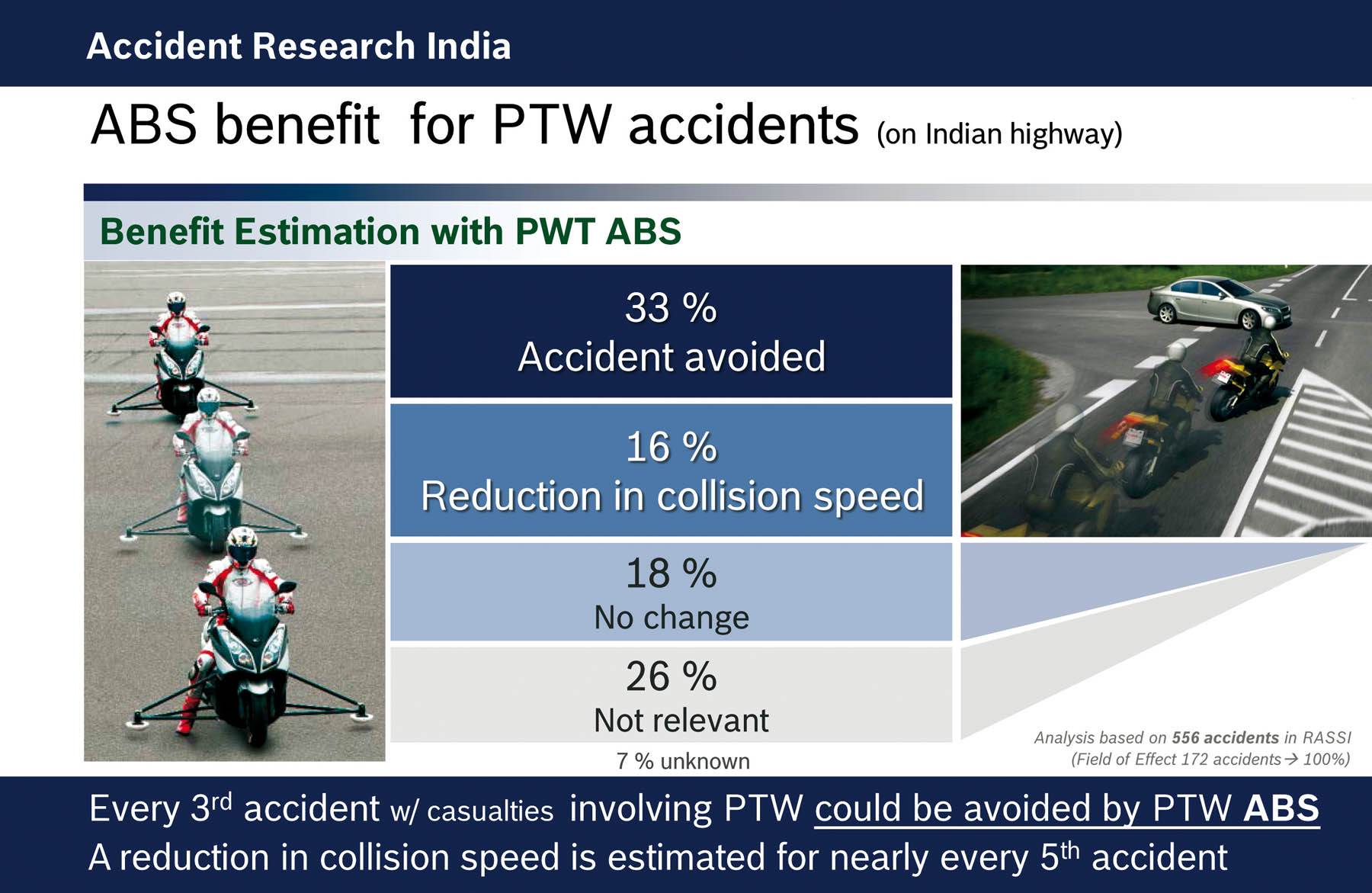
Bosch and Continental, both German technology and component suppliers, have begun manufacturing ABS kit for two-wheelers in India, which means localisation of this key safety-critical, life-saving component is of a high order.
If the volume of ABS demand and factory fitment for two-wheelers grows substantially in India, economies of scale will lead to lower pricing at a level which could be absorbed by two-wheeler manufacturers, whereby industry could look at a potential scenario of offering ABS as standard -- and not optional -- fitment on all 125cc and above models.
This in turn will mean all products moving out of showrooms will be ABS-equipped, ensuring that the typical price-conscious two-wheeler buyer in India doesn't think twice about buying an ABS-equipped model.
PV makers in India showing the way
The two-wheeler industry could take a cue or two from the passenger vehicle industry. Even though the crash safety requirements under the Bharat New Car Assessment Programme (BNCAP) safety regulations, which have been enforced from October 2017, would require such fitments to be applicable for existing car models on sale in the country only from October 2019, carmakers like Toyota Kirloskar Motor and Volkswagen India went ahead and made ABS and EBD (Electronic Brake Force Distrubition) standard in its cars from September 2016. The company had earlier, from October 2015, standardised fitment of dual airbags in all its cars. Subsequently, the company saw a rise in sales as informed customers decided to buy safer cars without the need for making payment for optional fitment of safety kit.
It now needs to be seen how soon two-wheeler manufacturers look beyond mere profitability and offer a safety feature like ABS as standard fitment across their model portfolio, ahead of their stipulated mandatory fitment. Is that asking for two much? Or does it mean that industry prefers to wait for April 1, 2019 when mandatory fitment of ABS on 125cc-and-above two-wheelers becomes applicable?
Read more: 1,317 accidents and 413 deaths on Indian roads each day in 2016
RELATED ARTICLES
Bosch hydrogen engine tech-powered truck to be on Indian roads this year
The global supplier of technology and services is betting big on both electromobility and hydrogen. While announcing the...
IIT Bombay inaugurates Arun Firodia Research Floor
IIT Bombay, one of India’s top technical and research institutions, honours Kinetic Group chairman Dr Arun Firodia, one ...
Maruti Suzuki expands capacity at Manesar plant by additional 100,000 units
New assembly line at Plant A expands total manufacturing capacity at the Manesar plants to 900,000 units per annum. Alon...





 31 Mar 2018
31 Mar 2018
 11178 Views
11178 Views



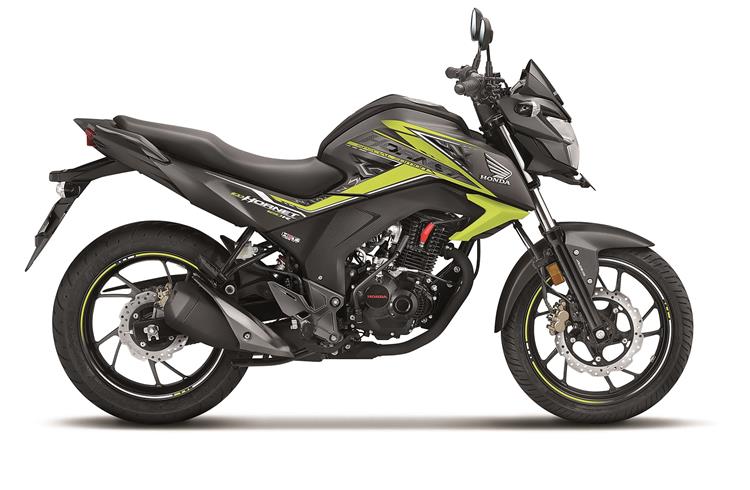
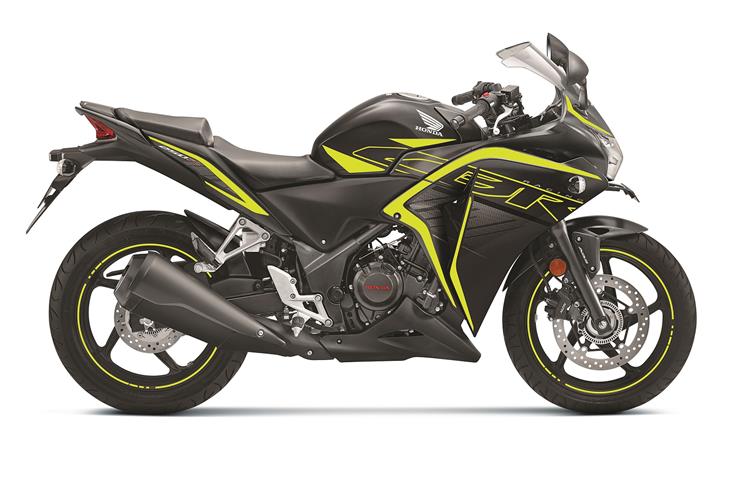
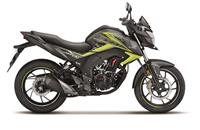
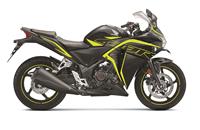

 Autocar Pro News Desk
Autocar Pro News Desk




